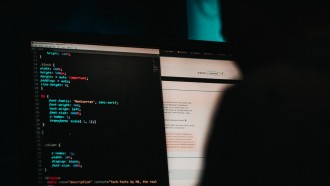In the 1990s the University of Texas in Austin reported that around 100 brains stored in their psychology lab were missing, possibly as the result of theft.
The brains, though, recently turned up at the University of Texas in San Antonio.
"They have the brains," says Timothy Schallert from the University of Texas Austin. "They read a media report of the missing brains and they called to say: 'We got those brains!'
Although the brains' donors aren't listed, the university believes one of the missing brains belonged to Charles Whitman, an ex-marine who went on a shooting rampage at the university about 50 years ago. That rampage resulted in the deaths of 16 people, including that of his mother and wife. Whitman wounded another 46 people in the incident before police shot and killed him at the scene.
The university thought the brains, stored in jars in formaldehyde, were stolen, possibly by someone with a morbid fascination with such things or students indulging in Halloween pranks.
However, the university wasn't entirely sure what happened to them.
The brains are part of a collection owned by the Austin State Hospital, which transferred the brains to the university nearly 30 years ago for "temporary possession" because the hospital didn't have space for them. The university psychology lab where the brains turned up missing only had room for about 100, with the rest, about another 100, residing in the university's Animal Resources Center.
The university uses the brains as a teaching tool.
As to whether Whitman's brain is part of the recovered collection is anyone's guess, but university officials think it's likely. Donated brains are anonymous, but Whitman requested that his brain be studied in a letter written before his shooting rampage at the university. It was: an autopsy revealed that Whitman suffered from a brain tumor, one that could have contributed to his mental condition that caused his shooting spree.
"As researchers and teachers, we understand the potential scientific value of all of our holdings and take our roles as stewards of them very seriously," says the university.
The Austin university moved the remaining 100 brains at the school to a different and more secure location. There, they'll receive MRI scans for further study.
[Photo Credit: Gaetan Lee/Wiki Commons]





